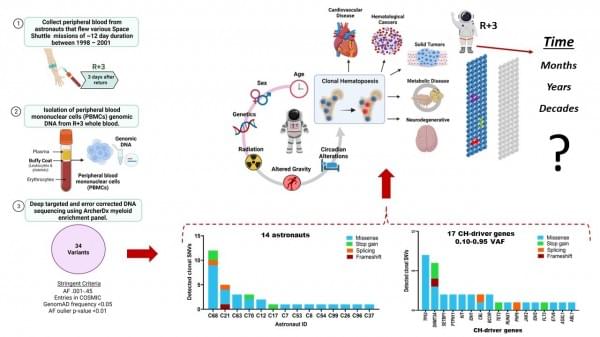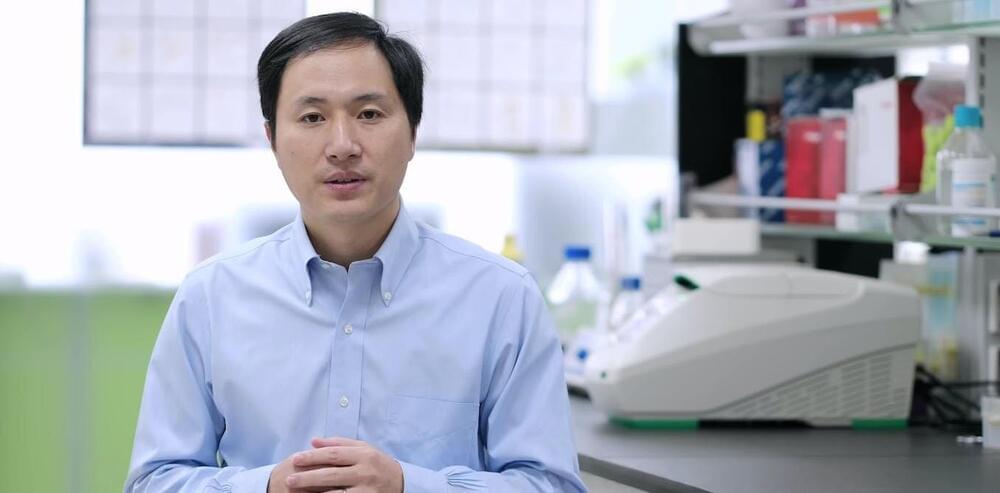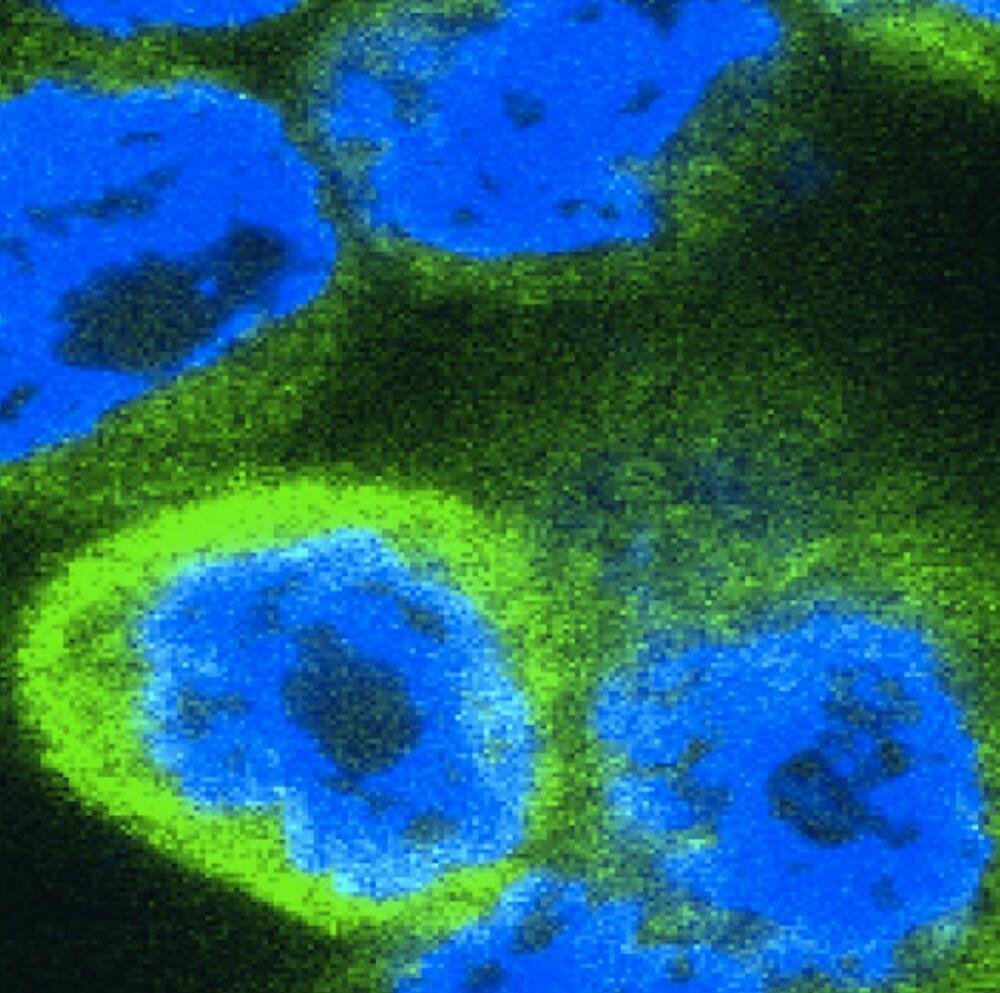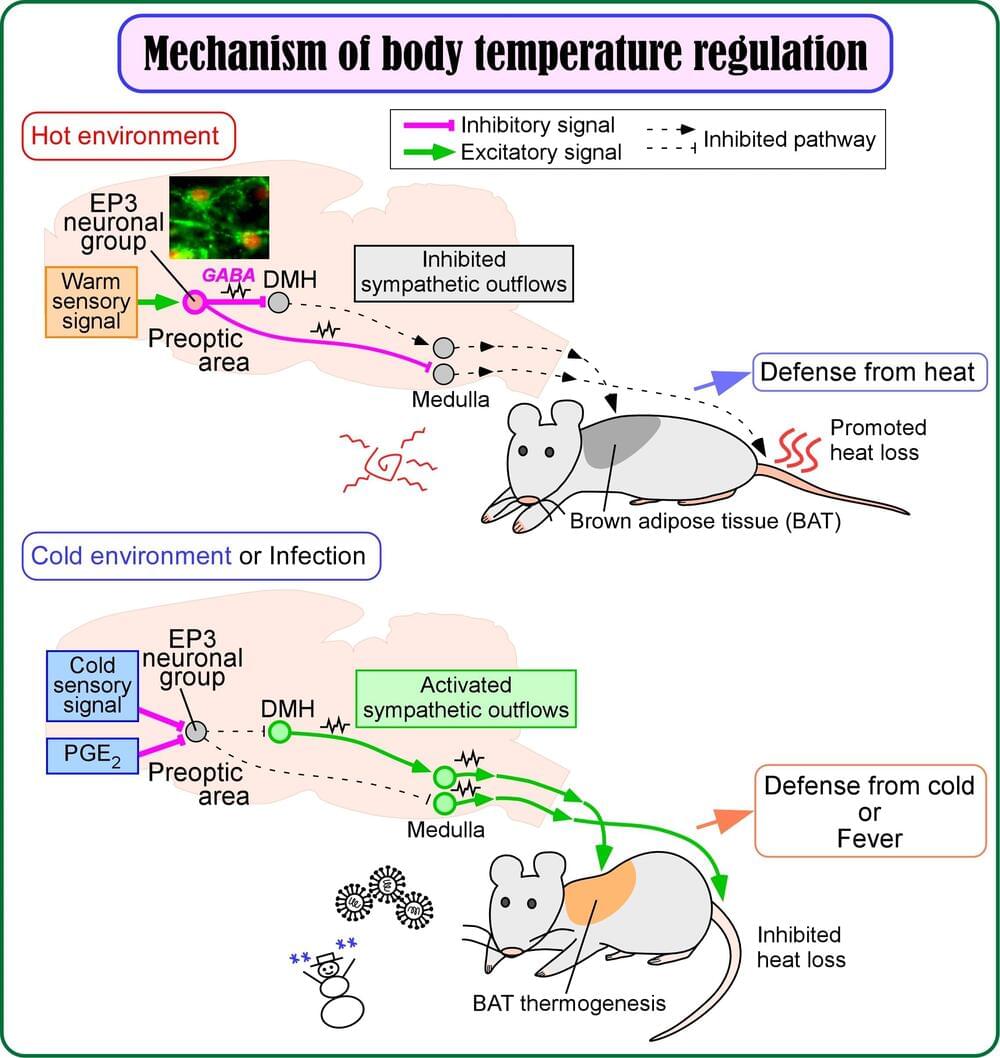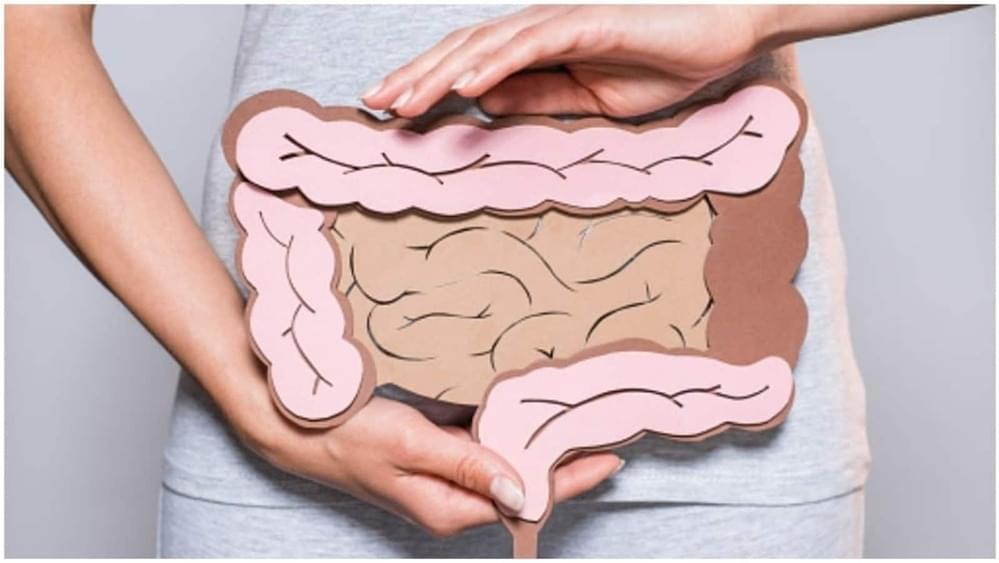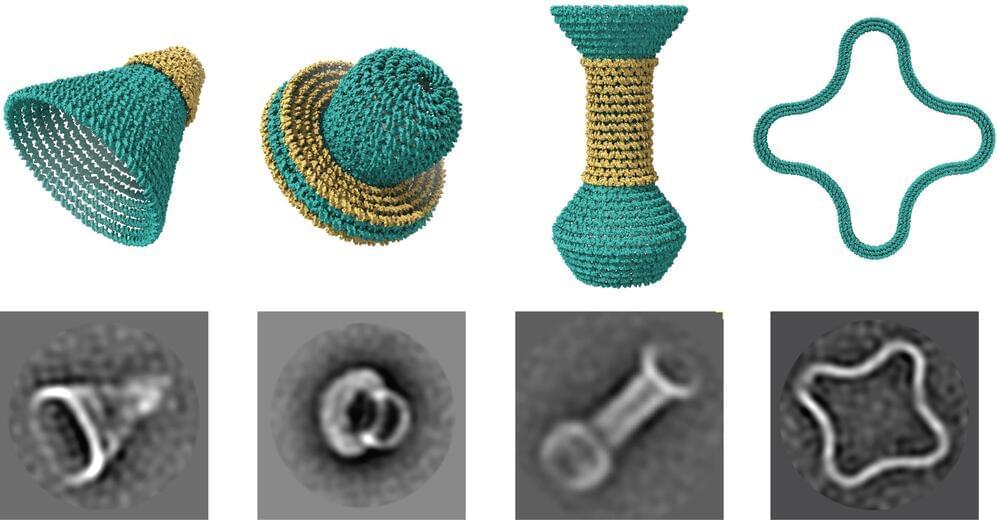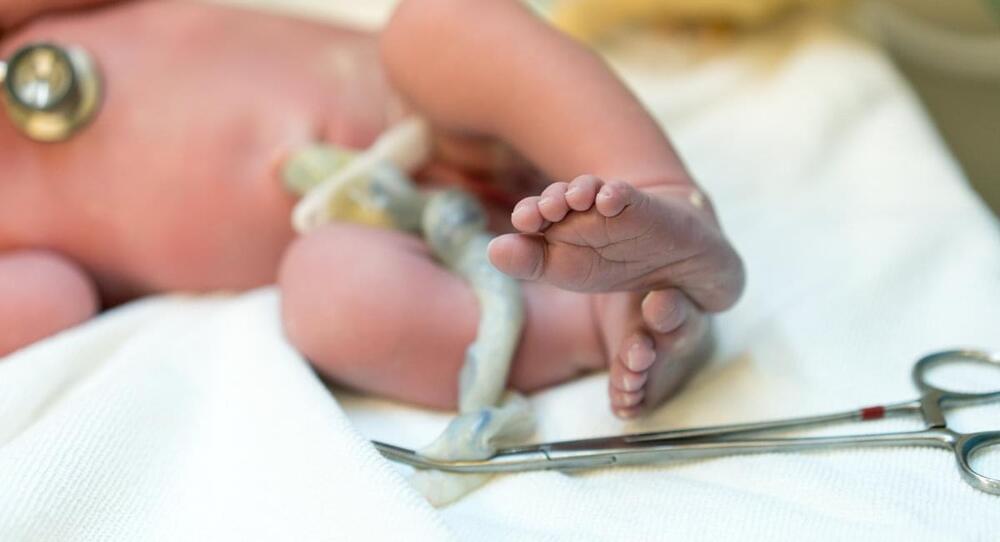A research group at Nagoya University in Japan has reported that a group of neurons, called EP3 neurons, in the preoptic area of the brain play a key role in regulating body temperature in mammals. The finding could pave the way for the development of a technology that artificially adjusts body temperature to help treat heat stroke, hypothermia, and even obesity. The new study was published in the journal Science Advances.
Body temperature in humans and many other mammals is regulated at about 37°C (98.6°F), which optimizes all regulatory functions. When body temperature noticeably deviates from the normal range, functions are impaired, which could lead to heat stroke, hypothermia, and, in the worst case, death. However, these conditions might be treated if body temperature can be artificially adjusted to the normal range.
The brain’s temperature regulation center resides in the preoptic area, a part of the hypothalamus that controls the body’s vital functions. For example, when the preoptic area receives signals from a mediator called prostaglandin E (PGE2) that is produced in response to infections, this area releases a command to raise body temperature to fight against viruses, bacteria, and other disease-causing organisms.
